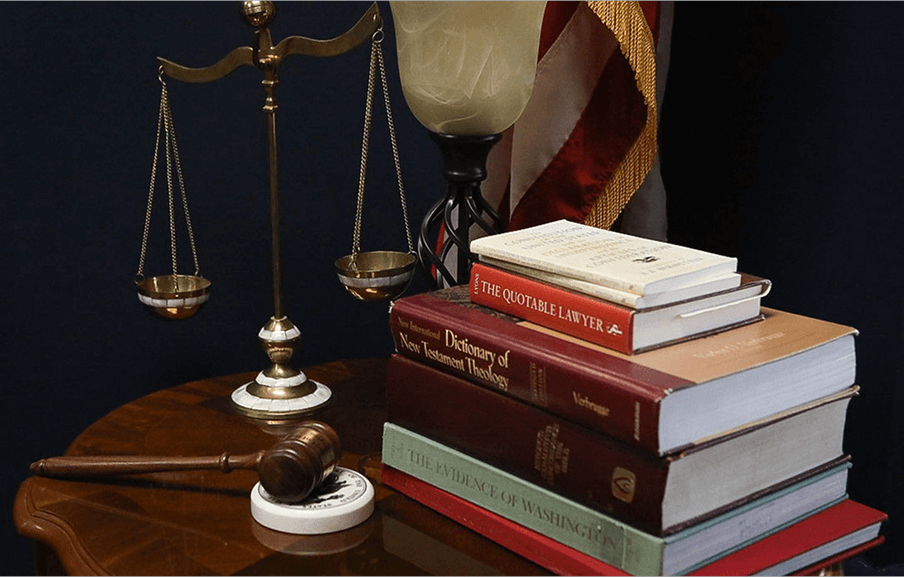
Who Can File a Wrongful Death Lawsuit in Tennessee?


As rideshare services like Uber and Lyft continue to grow in popularity throughout Nashville, accidents involving their drivers have become more common. But when you're injured in a crash involving one of these companies, figuring out who is legally responsible can be confusing. Is the driver personally liable? Can the rideshare company be sued? And how do insurance claims work when multiple parties are involved?
Unlike traditional car accidents, rideshare collisions involve several unique legal and insurance issues. Tennessee follows a fault-based system when it comes to auto accidents, meaning the person or entity responsible for causing the crash is typically also responsible for paying damages. However, determining that responsibility becomes more complicated when a commercial app like Uber or Lyft is part of the equation.
Whether you can sue Uber or Lyft directly depends on the specific details of your case—especially the status of the rideshare driver at the time of the accident. Understanding these details is key to determining your legal options and potential sources of compensation.
Uber and Lyft classify their drivers as independent contractors rather than employees. This distinction allows these companies to avoid direct liability in most situations. However, both companies are required by Tennessee law and their own corporate policies to carry liability insurance that may apply in the event of a crash.
The coverage and legal responsibility vary depending on what the driver was doing at the exact time of the accident. Here’s how it breaks down:
In rare cases, if the rideshare company failed to properly screen a dangerous driver or ignored previous safety violations, it may be possible to file a direct lawsuit against Uber or Lyft for negligence. These cases are more complex and require thorough evidence, but they do occur.
Several different types of victims may be entitled to file a claim following a rideshare accident in Nashville. These include:
These claims may include compensation for medical bills, lost wages, future treatment, pain and suffering, and emotional distress. The total amount available depends on the severity of your injuries, the available coverage, and the details of the crash.
In most rideshare accident cases, victims begin by filing an insurance claim rather than jumping straight into a lawsuit. If the accident occurred during a trip, Uber or Lyft’s $1 million policy is typically available, and an attorney can help you file a claim with the insurer handling the company’s coverage.
However, if your injuries are severe, your damages exceed the policy limits, or the insurance company denies your claim, filing a lawsuit may become necessary. In Tennessee, you generally have one year from the date of the accident to file a personal injury lawsuit under the state’s statute of limitations. Waiting too long can bar you from recovering compensation entirely.
It’s also important to note that Tennessee follows a modified comparative fault rule. If you are found to be 50% or more at fault for the accident, you cannot recover damages. If you're less than 50% at fault, your compensation will be reduced by your percentage of responsibility. That’s why building a solid, evidence-supported case is essential to protecting your rights.

Rideshare companies have significant resources and aggressive legal teams on their side. Their goal is to minimize payouts and avoid direct responsibility whenever possible. Even dealing with their insurance carriers can become overwhelming for an individual without legal representation.
Working with a personal injury lawyer who understands the legal structure of Uber and Lyft claims in Tennessee gives you a stronger chance at recovering fair compensation. At Glenn Injury Law, we represent victims of rideshare accidents across Nashville and the surrounding areas. We understand how to deal with complex coverage scenarios, dig into app data, subpoena company records when necessary, and hold all negligent parties accountable—whether that means the driver, the rideshare company, or both.
If you or a loved one has been injured in an accident involving a rideshare vehicle, you don’t have to deal with the legal process alone. These companies may try to shift blame or downplay your injuries, but with the right legal help, you can level the playing field and pursue the justice you deserve.
If you're ready to talk about your case or have questions about what to do next, contact us today for a free, no-obligation consultation. We're here to help you take the next step toward recovery and justice.




